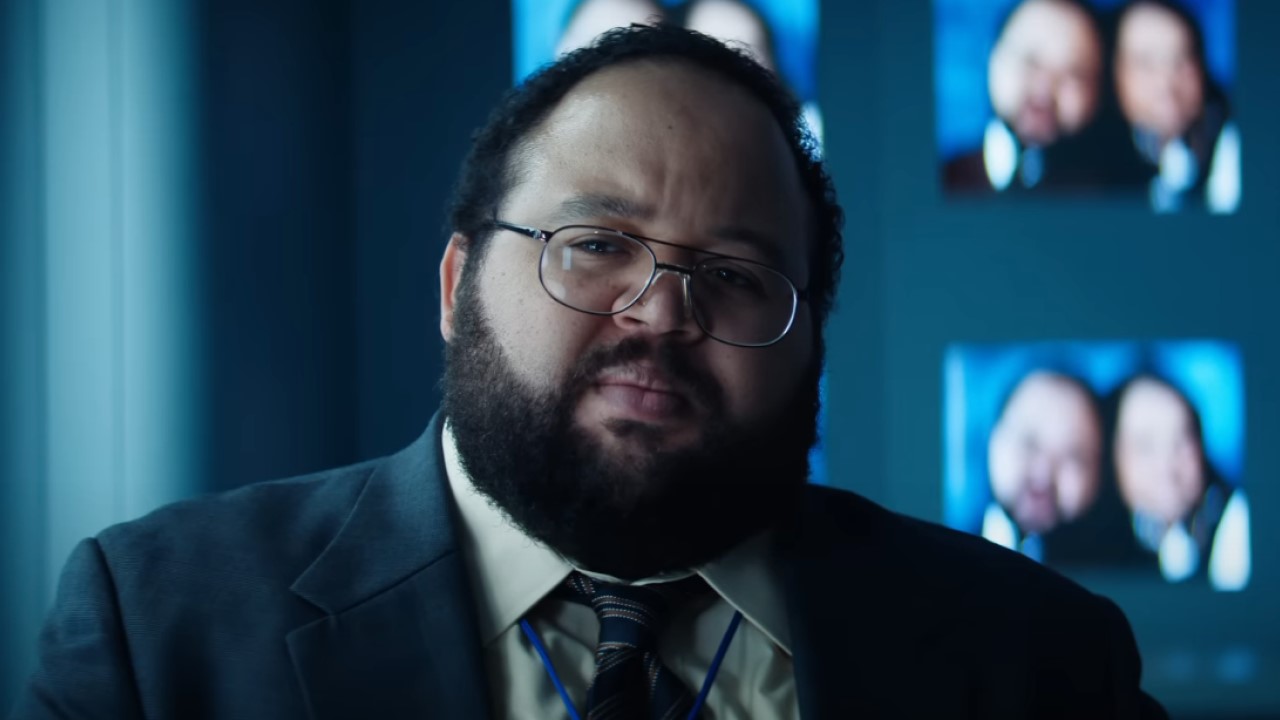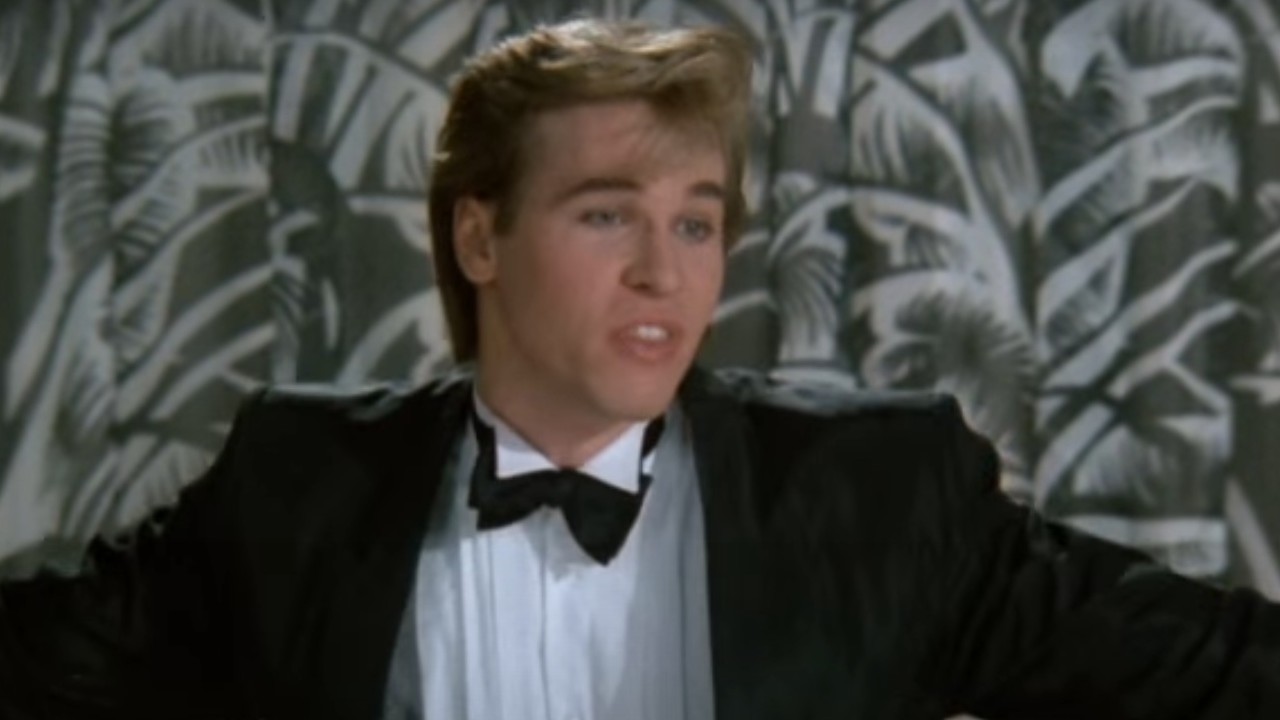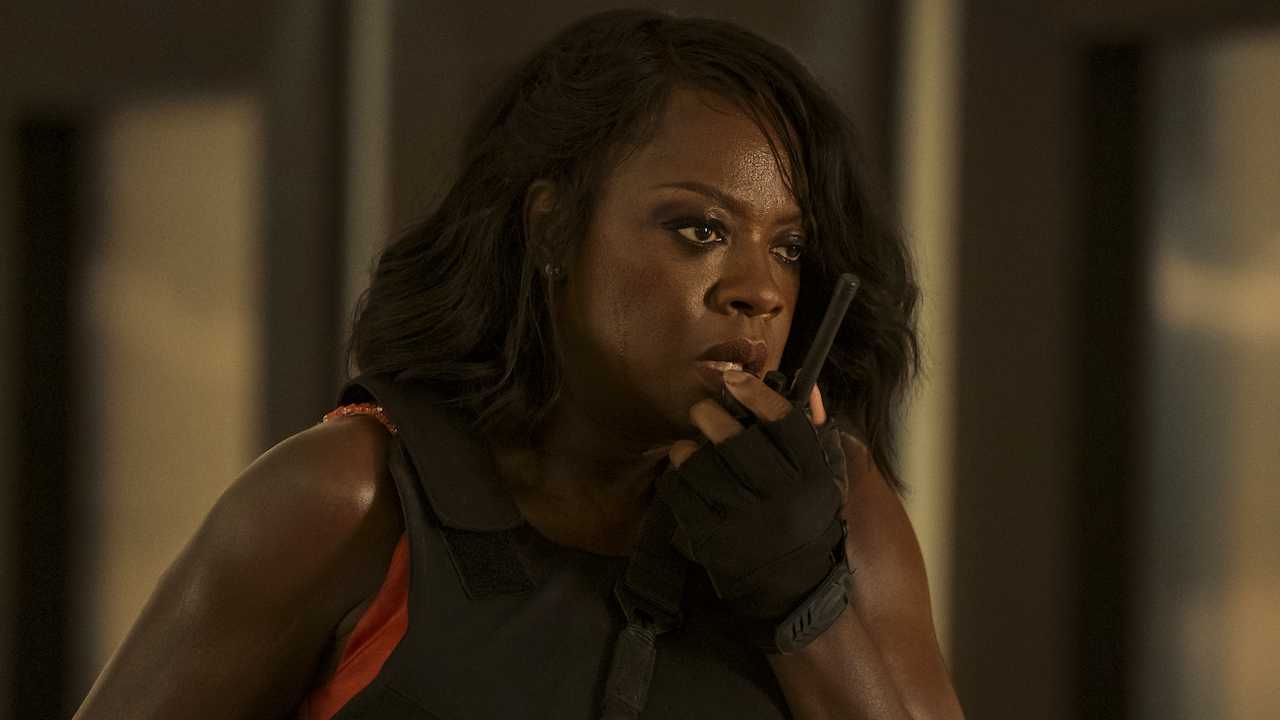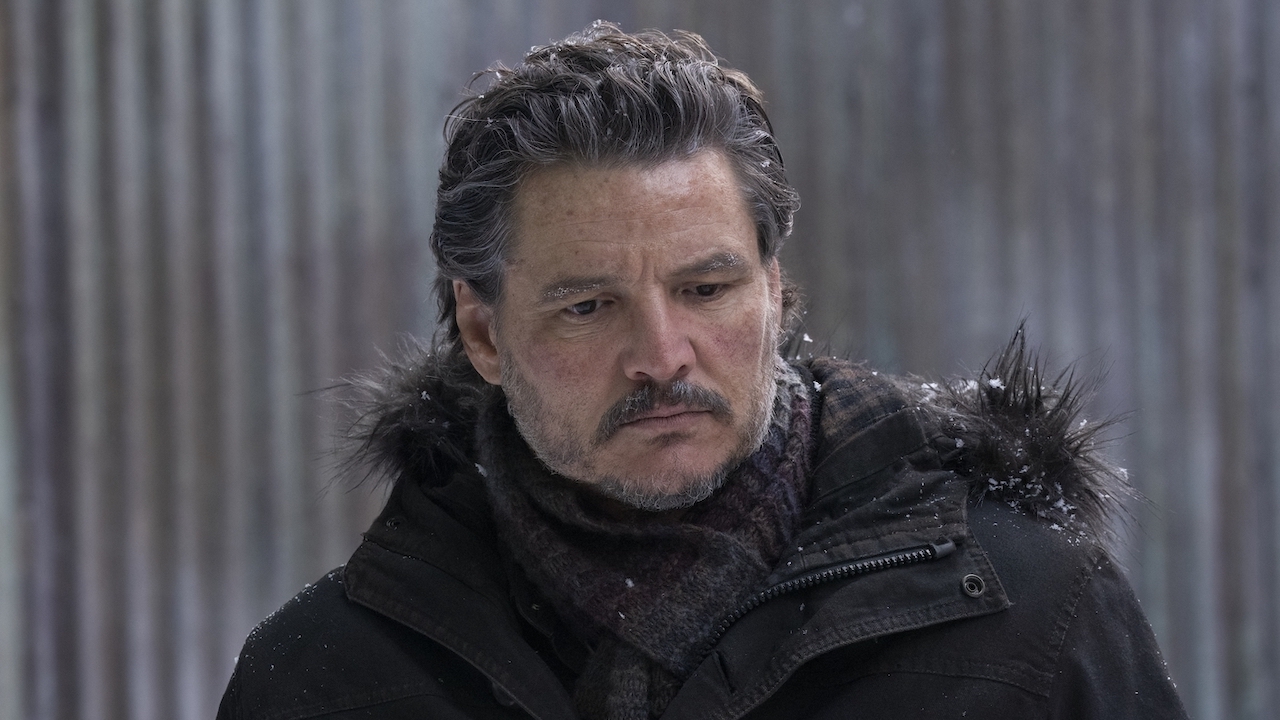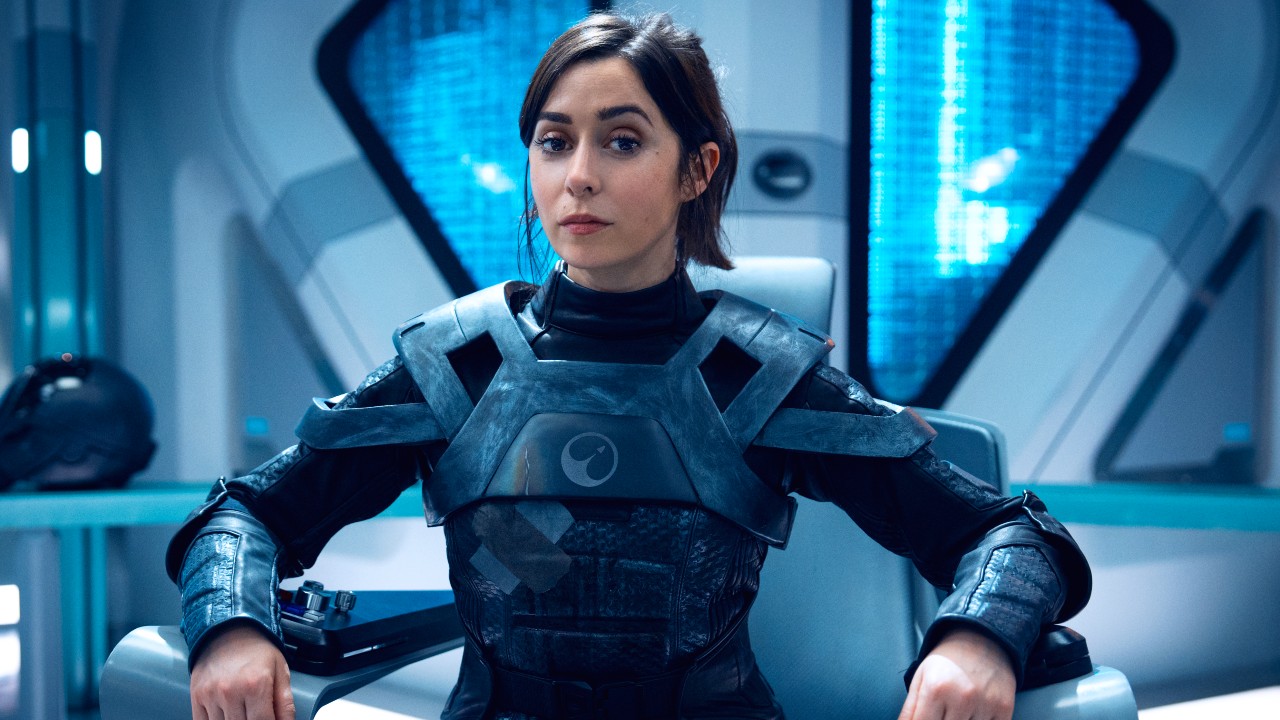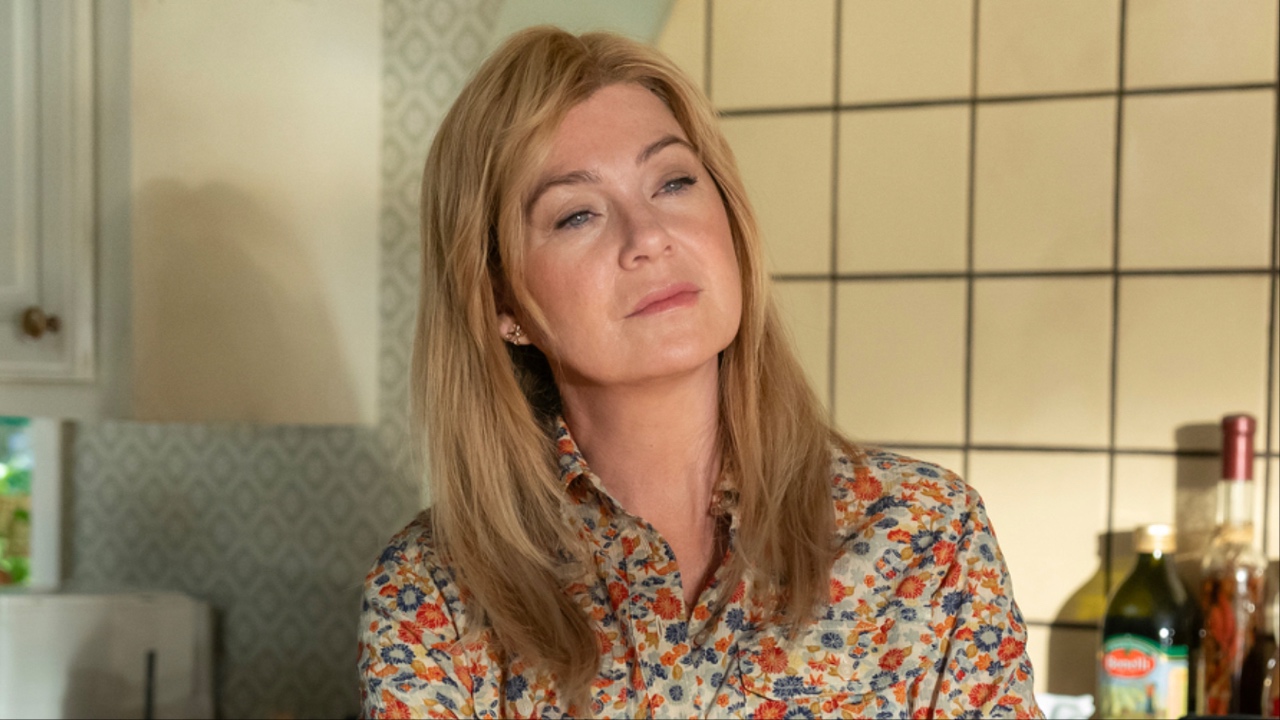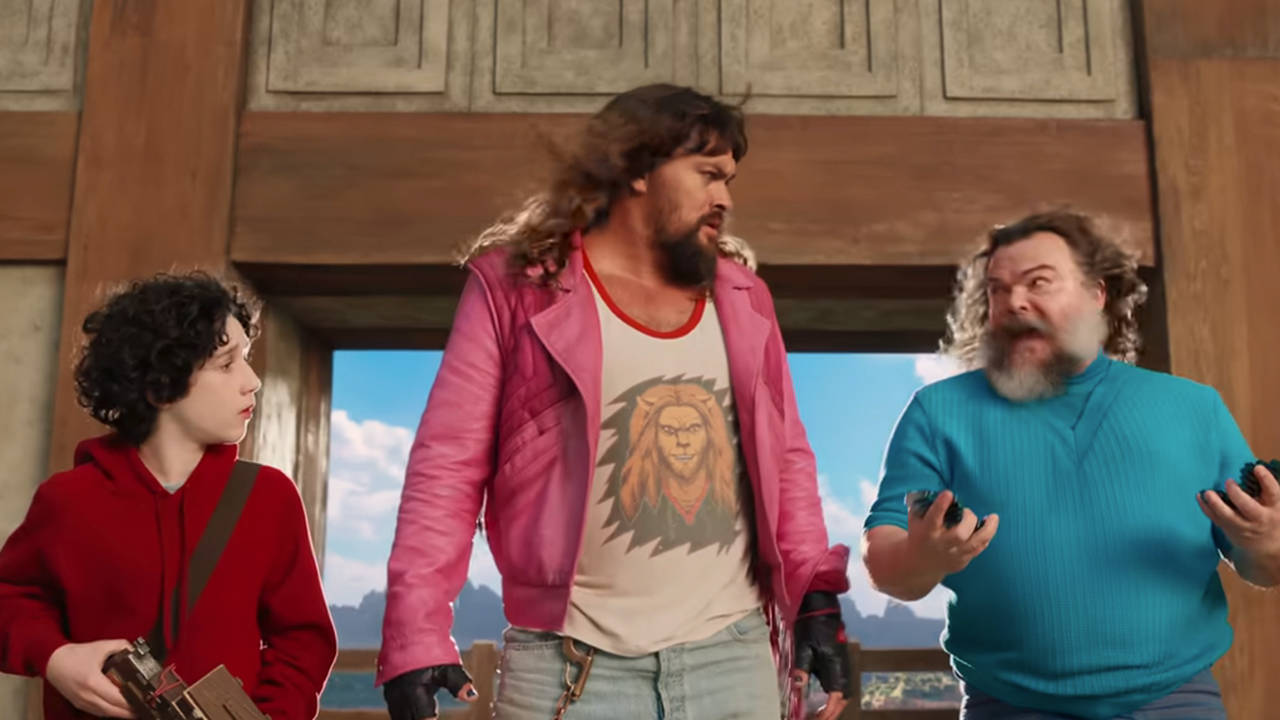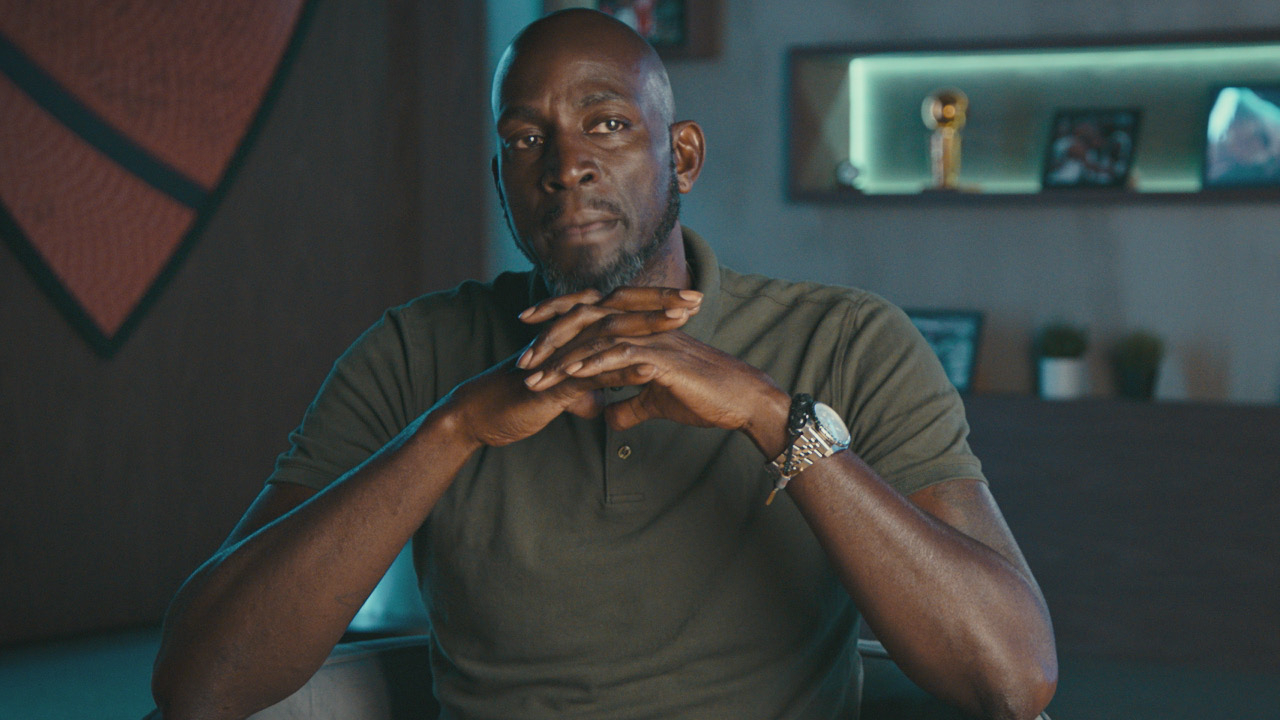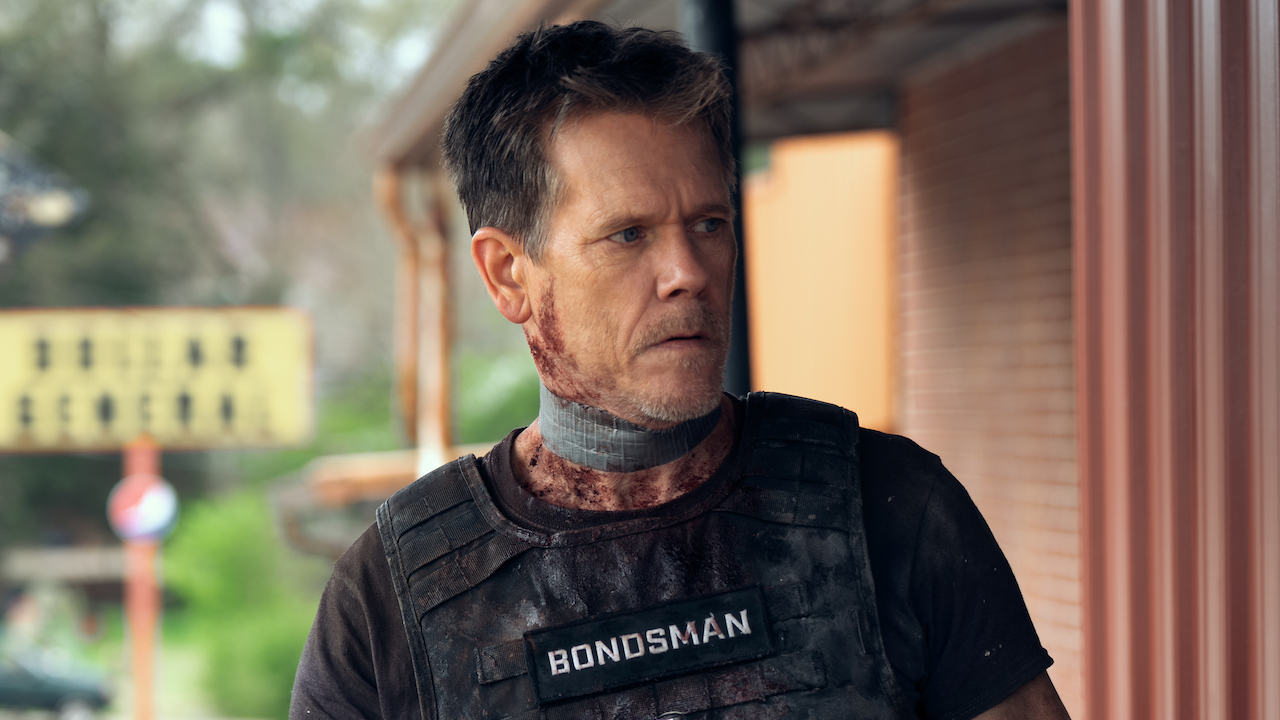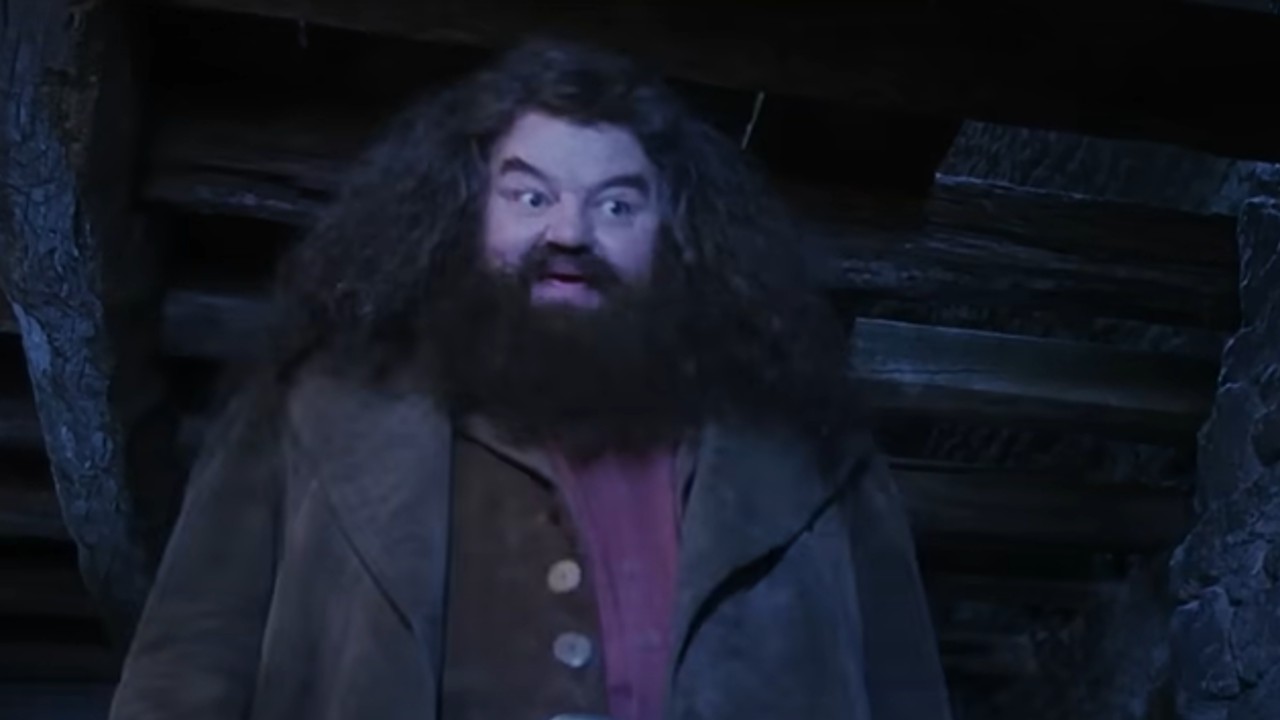I Rewatched Annie Hall, And I'm So Conflicted About What Was Once One Of My Favorite Movies
This was quite an experience...
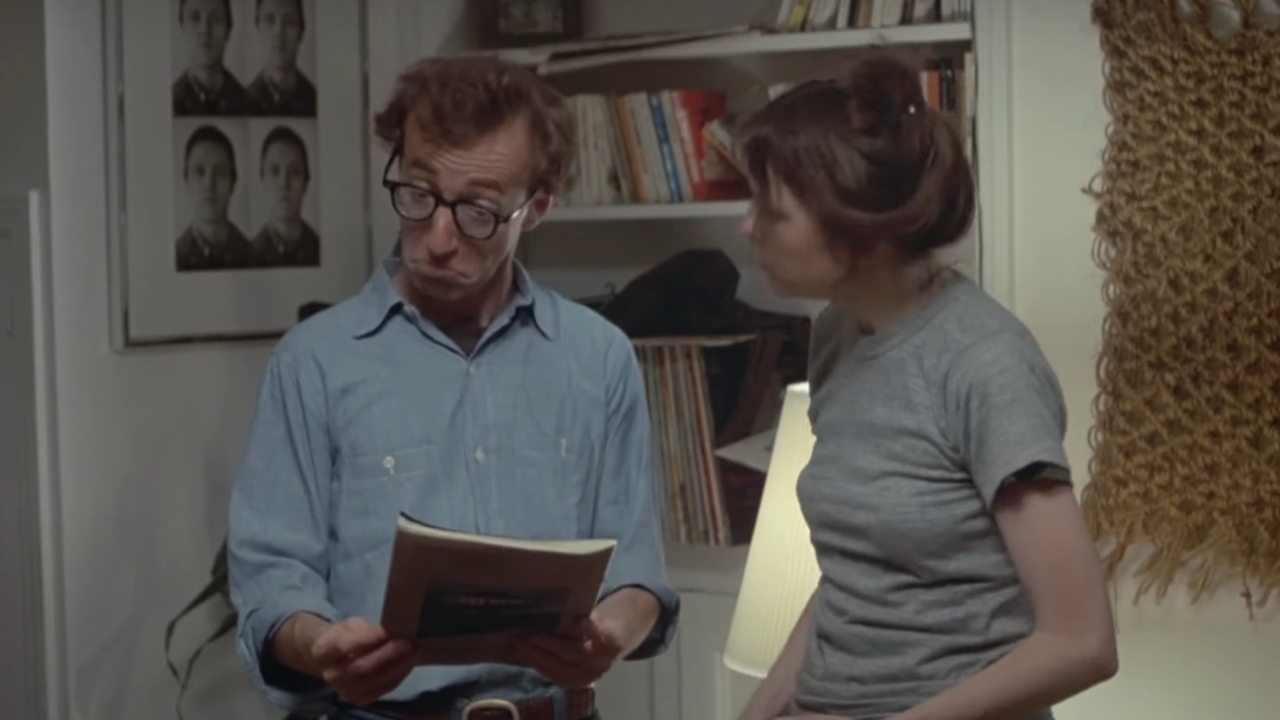
After first discovering it back in high school, I fell in love with Woody Allen’s Annie Hall. The classic rom-com about a man and woman falling in and out of love (with each other and New York) quickly became my go-to choice whenever I wanted to show off my love of cinema, but over time, the 1977 Best Picture winner and I took different paths – I found more movies and my old DVD copy discovered more dust on the shelf.
Recently, my wife and I decided to give Annie Hall another spin after what had been at least a decade since I last watched it start-to-finish. Though it was an incredible experience that reminded me why I fell in love with the movie, and Allen’s body of work, I must say it left me a little conflicted for a number of reasons...
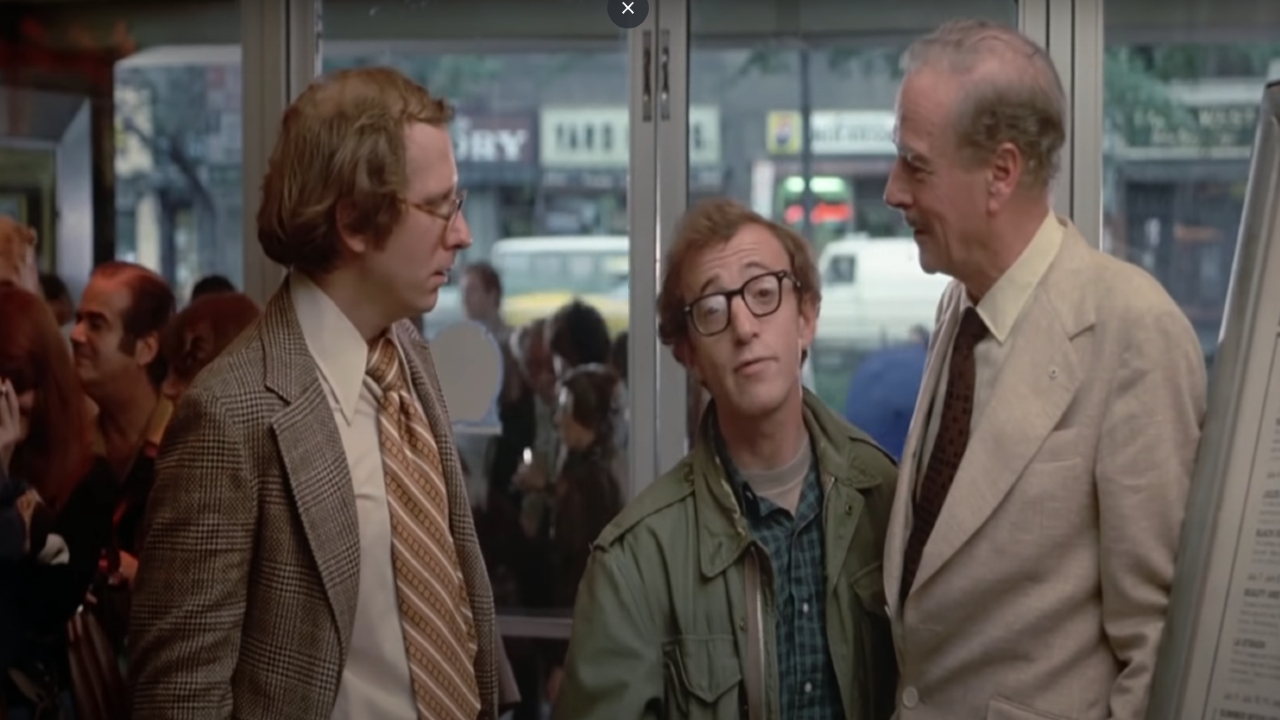
The Movie's Structure (Breaking The Fourth Wall, Non-Linear Structure) Was So Ahead Of Its Time
Breaking the fourth wall is something that movies have used to great effect over the years, with some of the best Ferris Bueller’s Day Off moments being those where Matthew Broderick’s character talks directly to the audience. Though Woody Allen wasn’t the first to use the practice in Annie Hall, the moments where he tears down that invisible barrier make the 1977 movie feel so ahead of its time.
This is best seen when Alvy Singer (Allen) and Annie Hall (Diane Keaton) are waiting at the cinema and are forced to listen to a college professor pontificate about Federico Fellini and other topics ad nauseam. After a couple of minutes of hearing this guy go on and on, Alfie looks to the viewer and goes on an epic rant that ends with him bringing out Marshall McLuhan. Brilliant!
What I also really like is the film’s non-linear narrative and how it brings an element of chaos to the romantic comedy setup. By starting and stopping in various parts of Annie and Alvy’s relationship, we’re given a more chaotic and unique experience.
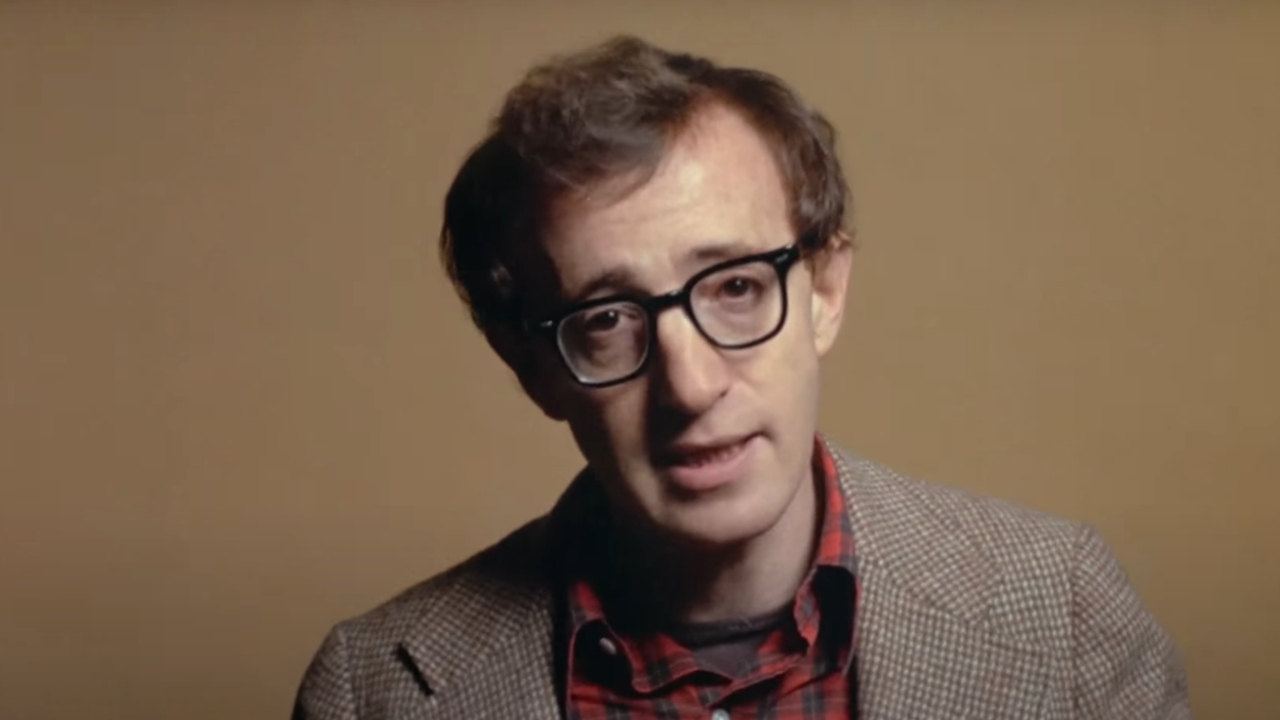
However, There Are Some Things (Like The Sex Stuff) That Haven't Aged Well
There are a handful of scenes that have not aged well at all. There's a scene early on in the movie where a young Alvy kisses his classmate and when reprimanded for it, he says he was “expressing a healthy sexual curiosity.” A harmless kiss on the cheek by a six-year-old boy it may seem, but that combined with the other sex-obsessed behavior by Alvy in his adult years, sometimes when his partner wishes not to engage, is kind of off-putting.
This is also true in the scene where Alvy is bailed out of jail by his best friend Rob (Tony Roberts), who is a little upset because he was with twins, 16-year-old twins. The successful sitcom actor wasn’t a spring chicken when he was imagining “the mathematical possibilities” of the situation, with those girls being two years below the age of consent in Los Angeles (where the scene takes place), according to the California Legislature.
CINEMABLEND NEWSLETTER
Your Daily Blend of Entertainment News
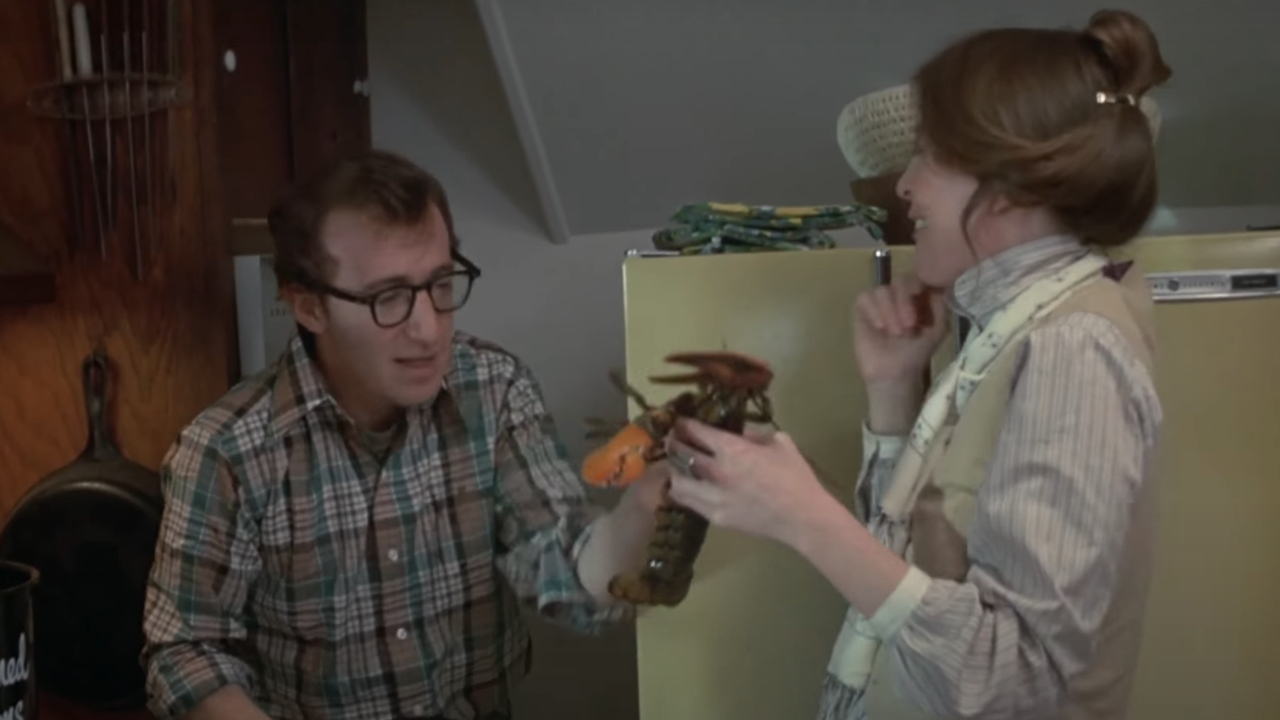
Maybe It's Me Trying To Hold A '70s Movie To Modern Standards
Should I stop trying to hold a ‘70s movie, one that is technically a satirical approach to the rom-com, to modern standards? I know it’s the argument we use when we attempt to justify our grandparents’ thought process (“It’s not their fault they were raised in the South in the ‘40s”), but maybe we should stop looking at classic art through a modern lens with modern sensibilities. Things were different then, and at some point I’m sure my hypothetical grandchildren will say the same about me and the movies I like.
This doesn’t mean I am just going to let everything from a bygone era fly and run with the idea of “things have changed,” but I will try to be more mindful and find that balance where I can point out the issues with something but not write something off because I’m offended by a 46-year-old movie.
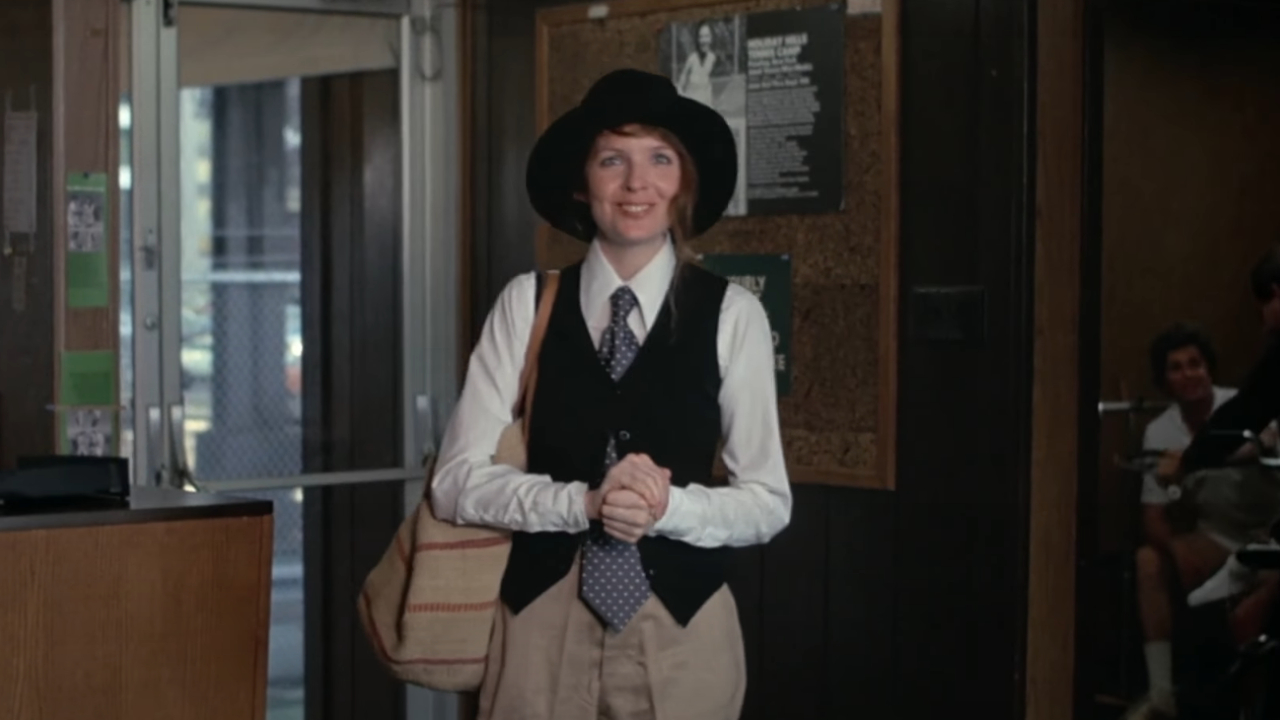
This Is Diane Keaton's Best Performance, Right?
Diane Keaton absolutely kills it in The Godfather and Father of the Bride, but not even the quiet ferocity of Kay Adams or nurturing nature of Nina Banks can compare to her performance as Annie Hall. I mean, she won an Oscar for Best Actress in a group that included Anne Bancroft, Shirley MacLaine, Marsha Mason, and Jane Fonda at the 50th Academy Awards.
In Annie Hall, we watch this young, naive, and chaotic character who’s unsure of herself and willing to do anything to please her man, grow into a woman who is the polar opposite. You could chalk it up to Woody Allen’s incredible screenplay, but it’s hard to imagine anyone else pulling off those scenes better than Keaton.
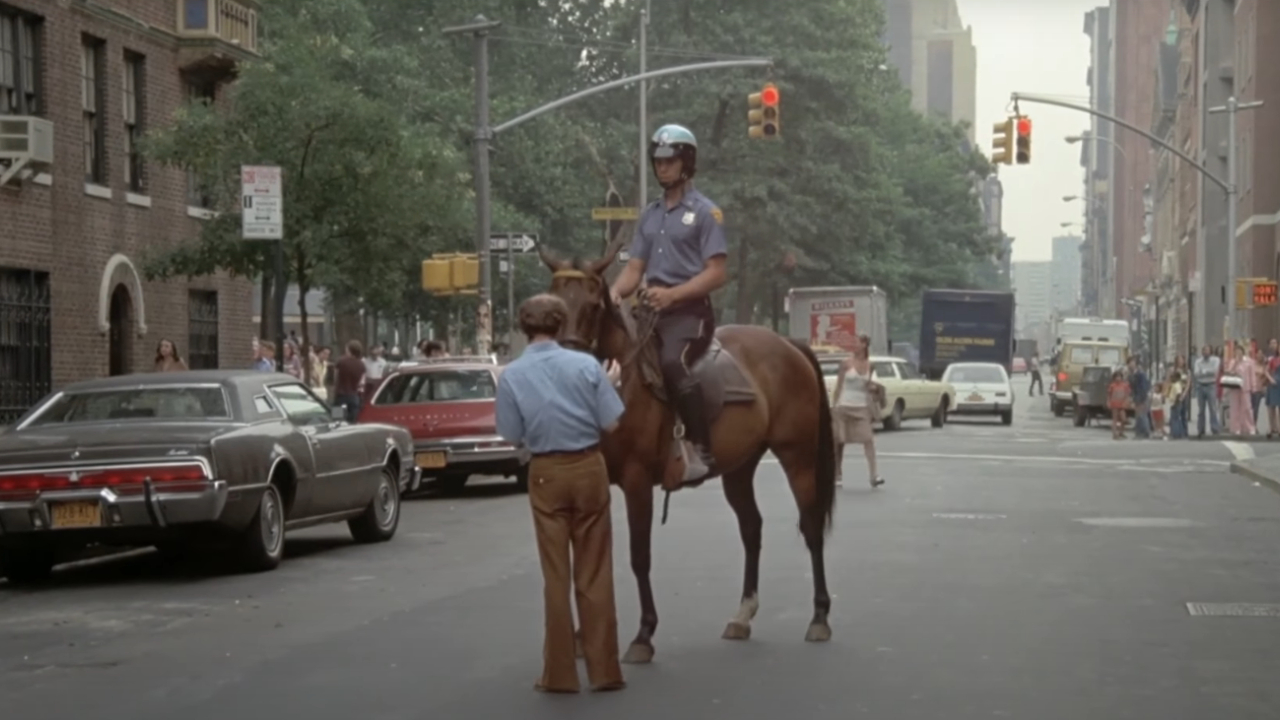
I Still Don't Know If I Should Root For Alvy Or Detest Him
Though not as unlikeable as Isaac Davis in Manhattan two years later, Alvy Singer is an Allen character that is not easy to root for. Sure, he’s well read, has great comedic timing, and can go off on an extensive rant that’s so good you don’t care that it’s going on for way too long, but he’s also a self-centered, sex-obsessed jerk who wants things on his terms no matter what. Then he goes and changes the ending of the story when turning his relationship with Annie into a play.
This is something that I remember feeling when I was younger watching Annie Hall, but even more so today, now that many years have passed since I moved out of my parents’ house and matured a little bit (not too much, though). I get that his go-to style for the male lead in his movies is the self-absorbed neurotic mess of a man that is full of self-deprecating humor, but I’m still so conflicted about this.

Still, That Closing Montage Is Perfection
I am a sucker for a good montage (I even dedicated a section to them in my Rocky III vs. Rocky IV competition) and so I cannot end this piece without mentioning the perfection that is the closing segment. Before the screen goes black we are given a little epilogue where Alvy reveals that he saw Annie years later and the two got caught up over a meal as a montage of the ups and downs of their relationship carry the viewer away.
The laughter, the sorrow, the romance, and the long walks through bookstores are all there, serving as a reminder that life isn’t all bad, nor is it all good. Instead, it’s somewhere in the middle with the perfect balance.
I guess you could say that my experience of revisiting Annie Hall is a lot like that closing montage. It had its ups, its downs, and those little moments in-between. Truth be told, I’m okay with that…

Philip grew up in Louisiana (not New Orleans) before moving to St. Louis after graduating from Louisiana State University-Shreveport. When he's not writing about movies or television, Philip can be found being chased by his three kids, telling his dogs to stop barking at the mailman, or chatting about professional wrestling to his wife. Writing gigs with school newspapers, multiple daily newspapers, and other varied job experiences led him to this point where he actually gets to write about movies, shows, wrestling, and documentaries (which is a huge win in his eyes). If the stars properly align, he will talk about For Love Of The Game being the best baseball movie of all time.
